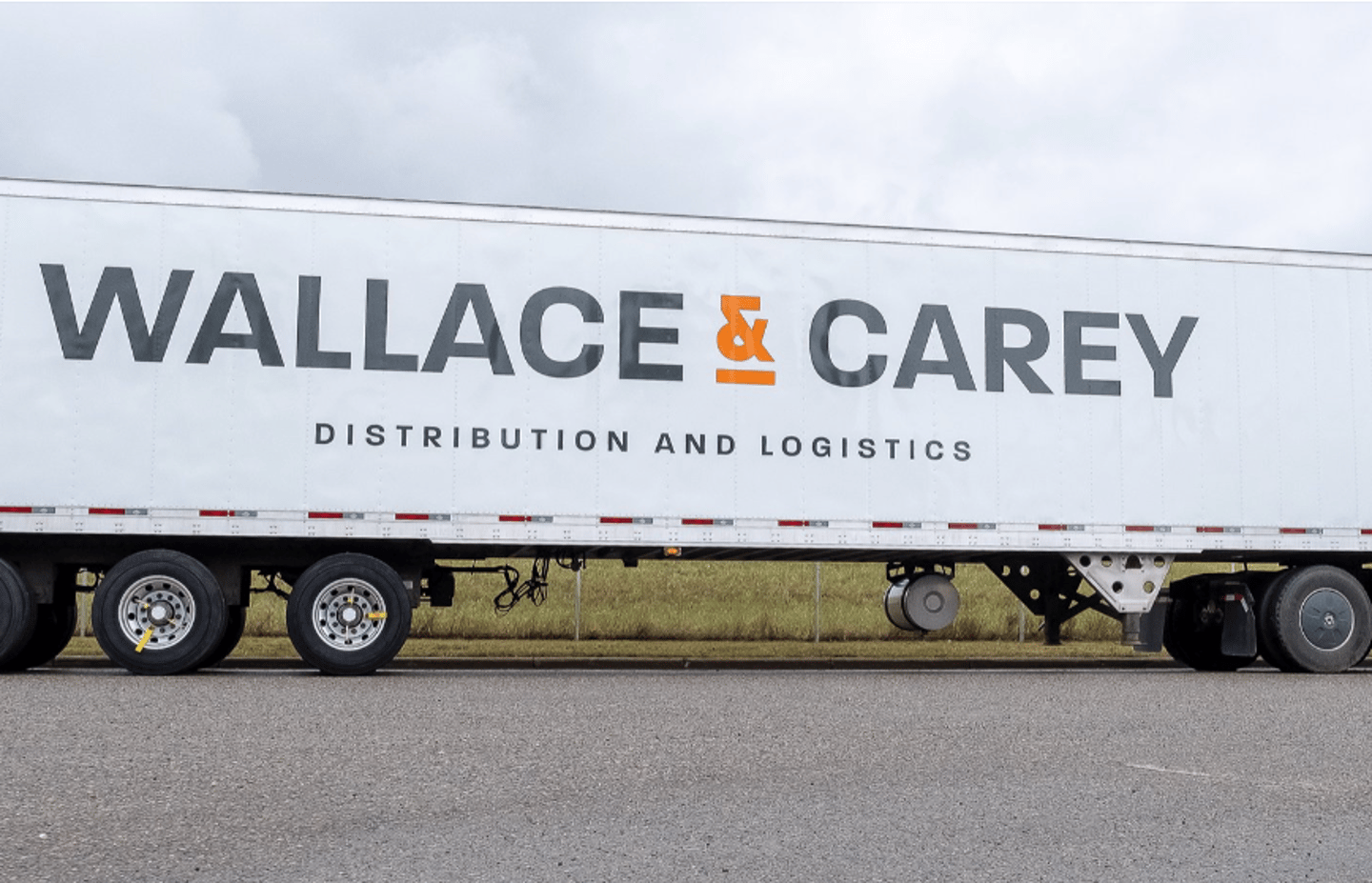What’s next for Wallace & Carey?
News headlines last month that Wallace & Carey had filed for creditor protection was a shock to many in the c-store sector.
The Calgary-based family-owned distribution and logistics company has been servicing c-stores for more than 100 years, counts 7-Eleven Canada, Greenergy (recently acquired by Global Fuels) and thousands of independent c-stores as loyal customers, and has nationwide clients in other industries, such as Cineplex movie theatres.
“Wallace & Carey is a founding member of the CICC,” adds Anne Kothawala, president and CEO of the Convenience Industry Council of Canada, which was launched in 2019. “They are obviously a very important part of the supply chain in Canada.”
During the pandemic, she says it was in no small part to Wallace & Carey that c-stores, particularly in rural communities, were able to keep stocked with supply “despite how difficult it was.” This commitment, in turn, elevated the c-store in the eyes of Canadians and other stakeholders as an essential service.
The company—which declined request for comment about its restructuring at this time—stocks more than 75,000 items in 10 distribution centres from Ontario to B.C., and in categories such as grocery, confectionary and tobacco, according to its website. The other big c-store distributors are Core-Mark and, to a lesser extent, according to sources interviewed for this story, Sobeys.
Fortunately, creditor protection allows companies to continue normal business operations as they restructure, so Wallace & Carey customers shouldn’t see their needs materially impacted, at least for the time being.
“It is sad to see a company with such a long history threatened with extinction,” says Barry Prentice, director of the Transport Institute and a supply chain management professor at the University of Manitoba. “Clearly the pandemic problems of business interruption, excess inventories, sky-high freight rates, and now rising labour costs (inflation) took their toll. It is likely that the rapid rise in interest rates is the final straw that broke the camel’s back.”
Wallace & Carey may also have been struggling to get paid from some customers, a challenge that could be far from over.
“A lot of small businesses are having trouble repaying the federal loans that are coming due Dec. 31, 2023. I wonder to what effect they may be having troubles with receivables, if not now then in the near future,” says Prentice. “Like most accidents there is never just one cause. The accumulation of economic events has brought them to this point.”
But one big cause: the distribution company’s dependence on tobacco, which has a high value to weight ratio in terms of freight.
In an affidavit submitted under the Companies’ Creditors Arrangement Act, Wallace & Carey’s chief financial officer Brian Birnie noted tobacco has historically represented 50% of Wallace & Carey’s revenues. However, from 2021 to 2022, the company’s revenue from tobacco plummeted by a staggering $162 million, in significant part due to contraband.
“I think the big question is the extent to which tobacco is the source of all their financial trouble, or if they’ve been able to diversify product and adapt to consumer preferences and industry trends,” says Eli Mail, vice-president, retail operations of cannabis retailer Fire & Flower, which Couche-Tard invested a 9.9% stake in 2019.
Mail, who joined Fire & Flower in March and is former, merchandising and store design at Parkland, has an unique understanding of what Wallace & Carey is going through, as Fire & Flower has also been in creditor protection since June.
“I know what we’re going through as we look to emerge from CCAA eventually, and I am guessing it is a lot of the same things that Wallace & Carey might be undertaking right now,” he says. “You are disclaiming unfavourable contracts and unfavourable leases, and looking to shed a lot of bad decisions from the past that were good at the time but just didn’t work out. The goal is to come out a lot leaner and meaner.”
“The question for Wallace & Carey is, can the revenue available to them post-CCAA generate enough cash to pay the bills? In other words, is their business model just a tobacco problem, or are there other fundamental challenges that were weighing it down,” wonders Mail. “In a post-CCAA world, can its business return, declining tobacco or not, and be profitable no longer subsidizing these bad decisions? They’re also asking themselves, ‘Two years from now, where do we think tobacco volume will be, and can we still stay in the game profitably?’”
He says another scenario that could play out is the company gets sold, “so Wallace & Carey survives but in another person’s hands.” However, he notes a lot of family pride (and legacy) exists in the business, and the owners and management have always demonstrated a commitment to its employees, which currently number about 650.
Dave Bryans, president and CEO of the Ontario Convenience Stores Association, says “it was quite a surprise when we heard Wallace & Carey went into CCAA because the company is a business which goes back three generations.”
He is optimistic Wallace & Carey can be financially viable again, though he says “damage has been done.” With some suppliers having cut off shipments until they get paid by the company, “some smaller suppliers have already had to lay people off,” notes Bryans.
If the company isn’t able to come through restructuring, other suppliers could be in position to renegotiate higher rates, something Bryans hopes doesn’t come to fruition.
“The independents have had a family-type supplier in Wallace & Carey that actually cares about them,” he says, adding that 60% of c-stores in Canada are still independent. “Without them, more independents will be forced go to cash and carries.
Kothawala says government action on stemming contraband tobacco’s sale would go a long way to helping Wallace & Carey’s fortunes, as well as those of other distributors.
“The more that tobacco moves to the illegal market, the fewer goods distributors have in each load, making it extremely challenging for distributors to cover their costs,” she says. “If there is no action on contraband, it will be a bigger challenge for them than it already is, and so we’re taking the message to the provincial governments that we need swift action on contraband tobacco.”






